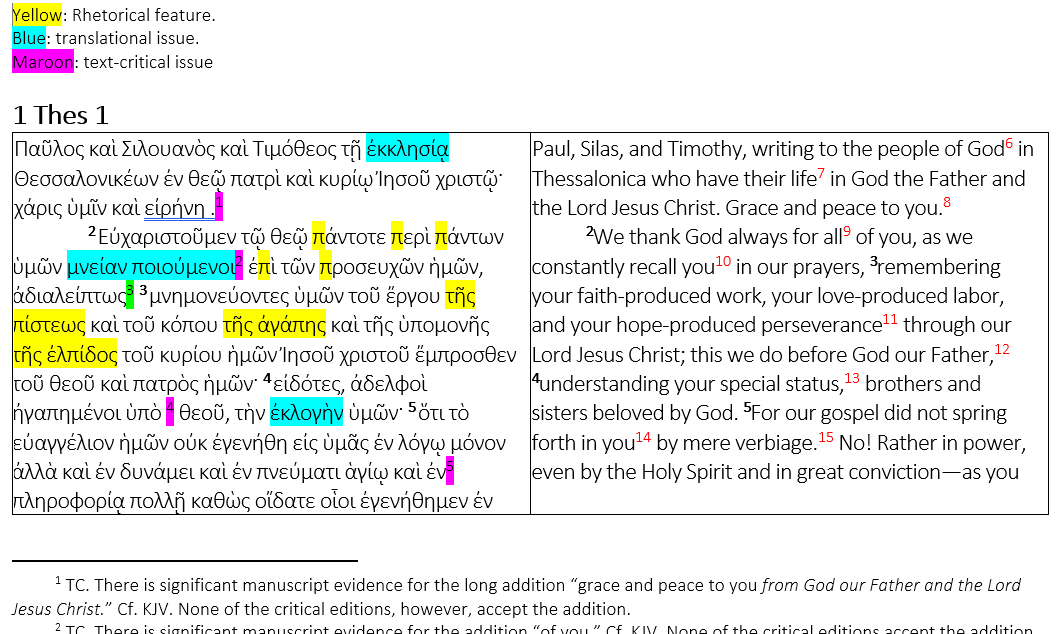Why We Do Vacation Bible School
No, not because there’s nothing else to do in
the summer! VBS is crazy hard work. It drains our physical and emotional stamina. It leaves us wrung
out like a wet paper towel. We neglect healthy eating, exercise, house cleaning
and yard work, job responsibilities, and a dozen other obligations during VBS week
and even before VBS gets started. What is so compelling that we give up so much
to make our VBS awesome?
VBS, perhaps more than any other
church ministry, recognizes that kids live in a fallen world that constantly puts
them at risk. We see kids who bear burdens that even adults can hardly bear.
They have their own kinds of griefs. They experience all kinds of serious disappointments.
They cry and act out over little things often because of larger troubling issues
that are crushing them. They suffer physical and mental health disorders. On
top of this, they themselves must cope with a sense of guilt over their sin and
lostness. In short, if the song is true that “people need the Lord,” so do kids,
even in the tenderness of their youth.
In VBS, we dare tell our kids that
Jesus rescues us from this present evil age and the dominion of darkness. We don’t use those theological words,
but we explain that even in our darkest, hardest days, Jesus loves us,
that he is powerful, and that he will sustain those who put their trust in him.
Most importantly, we tell them that those who put their trust in Jesus will never
be disappointed.
Against everything that the world
might teach kids, we tell them that the Bible answers the inescapable questions of life: Who am I? Why am I
here? Is there a God? If so, how can I know him? Is there such a thing
as right and wrong? What is my purpose in life? Is there life after death? Is
there a heaven and a hell? If so, how can I go to one and avoid the other? What
can I do about these feelings of guilt? How then shall I live?
Kids need to
hear this message. Our message often gets drowned out by those who scream the
wrong answers at them. Instead of hearing answers from God’s Word, they are often
told that there is no God, that they should be their own gods, that they should
live to make themselves happy, and that there is no right and wrong. They hear
wrong answers from the entertainment industry, from cultural thinkers,
from some of our politicians, and even from their own school teachers. For this
reason, we put our minds and energies into thinking about how to amplify the
message that Jesus rescues so that our kids will not lose hope.
VBS is but one week a year. We
hope to make a big impact on kids’ lives, but to make a real difference we urge parents to bring their kids to church
worship every Sunday, to Sunday School, and to our Wednesday children’s activities. Youth ministry is best done in
the context of family ministry.










